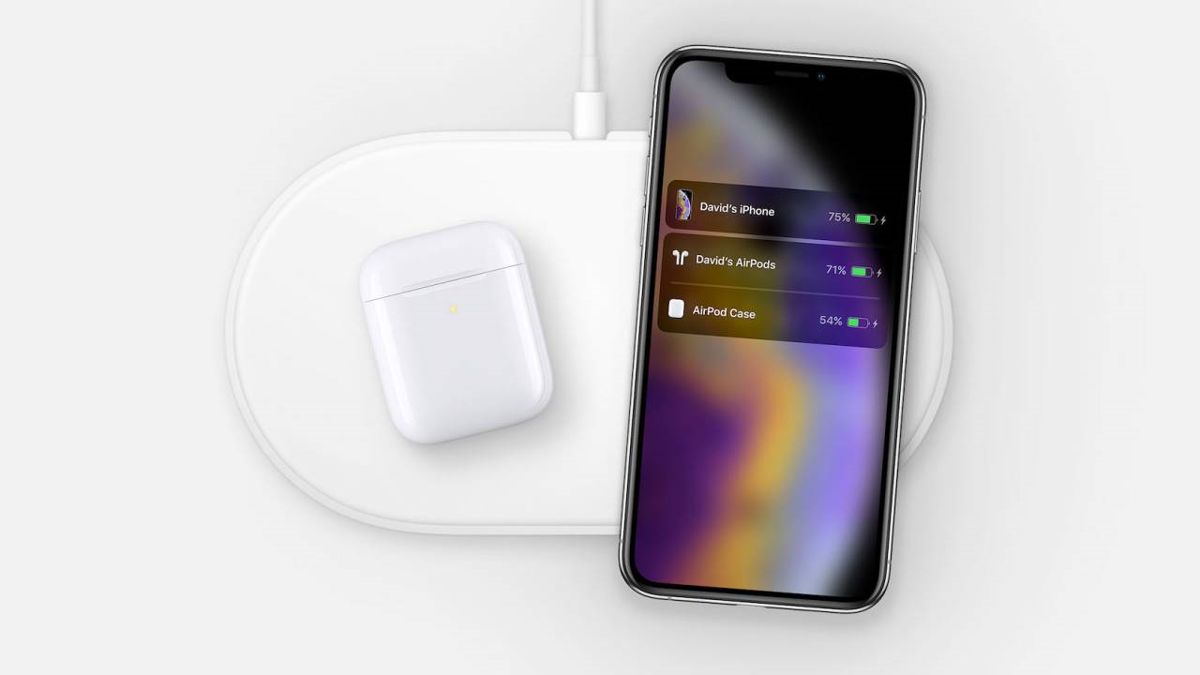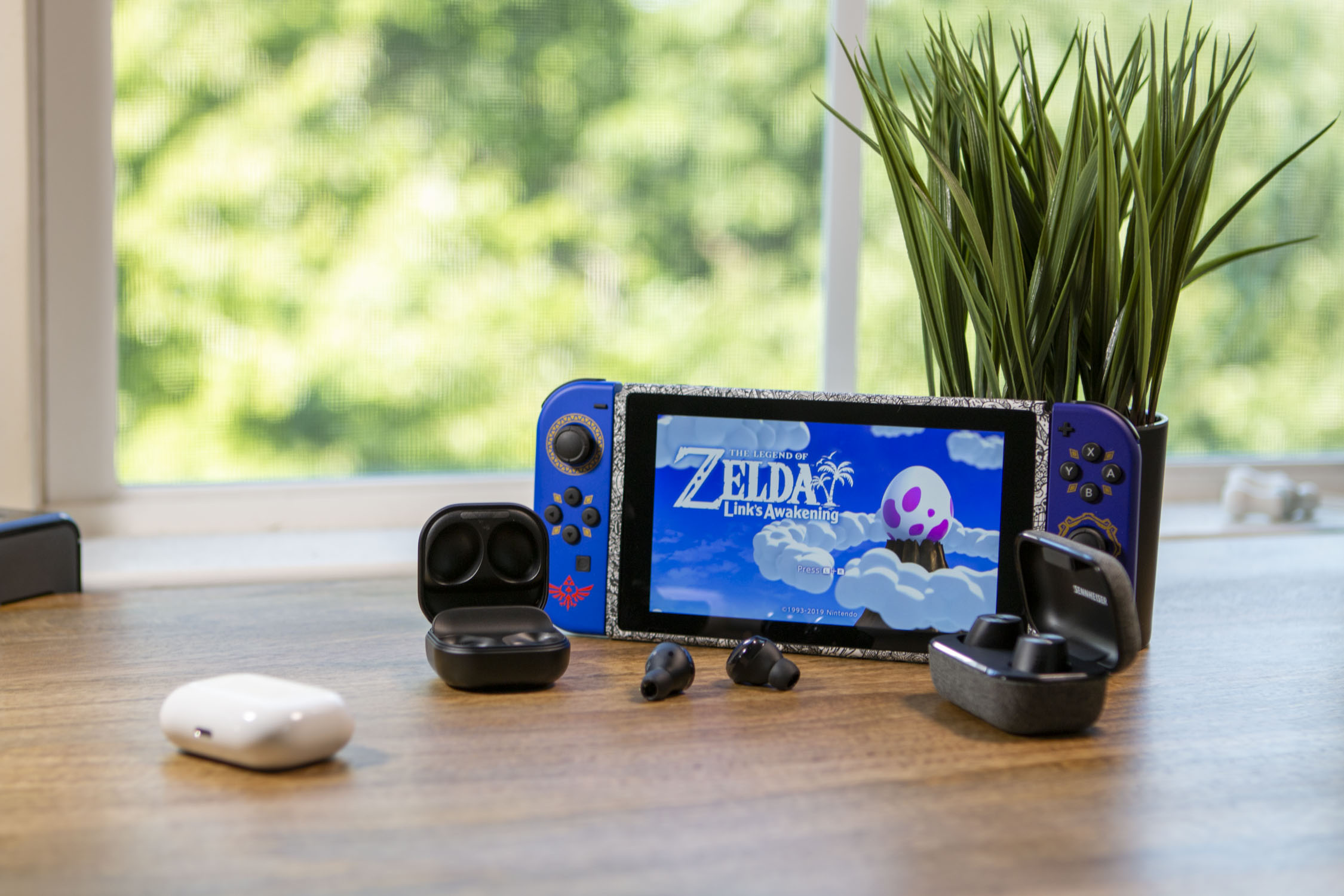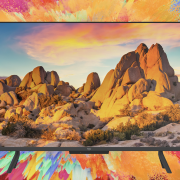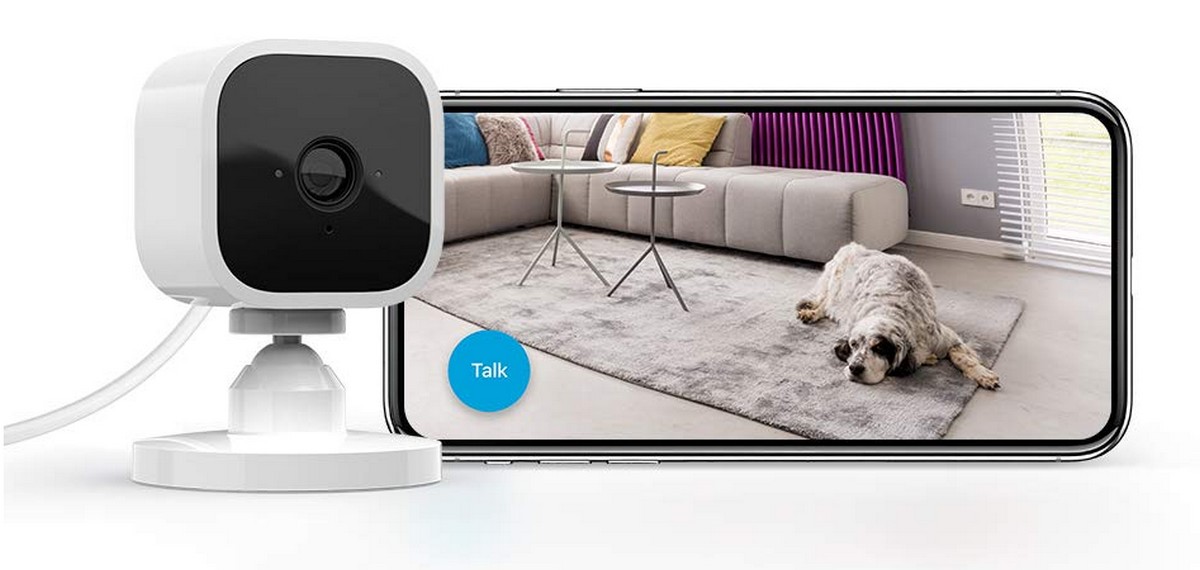The smartphone industry is divided into two camps: Android users and iOS users, but as much as we’d like to think there’s a clear divide between both platforms, they are actually pretty intertwined with each other whether they like it or not.
As such, I believe that Apple’s recent decision to cancel their AirPower wireless charging mat will definitely have an impact on Android, but whether it is in a good or bad way remains to be seen.
But first, let’s talk about what the AirPower was and what it was supposed to bring to the table.
What is the AirPower
Announced alongside the iPhone X in 2017, the AirPower was Apple’s answer to wireless charging. It was built using the Qi wireless standard, but according to Apple, it would offer advantages over other wireless charging mats such as being able to charge multiple devices simultaneously.
It would also not require users to have to position their devices properly over the charging coils. This was because according to insider reports, Apple created the accessory by placing multiple smaller charging coils inside the AirPower. This is versus other charging mats that relied on larger coils.
There would also have been features like the ability to display information on the iPhone’s screen, such as the charging percentage of other devices that were being charged as well.
What this means for Android
As we said, the smartphone market is extremely intertwined where a move made by a company is almost always copied or imitated by a competitor. We saw this with the fingerprint sensor where after Apple introduced it to the iPhone, suddenly everyone else wanted in on the action as well to the point where fingerprint sensors have become ubiquitous on smartphones ranging from low-end to high-end
Smartphone cameras are also another prime example, where ever since Huawei launched the P9 with its dual cameras, suddenly seeing smartphones with dual, triple, or quadruple cameras have become commonplace.
Even with Apple’s 3D Touch (which never quite took off the way the company had hoped for), there were initial rumblings that Android handset makers could follow suit with solutions of their own.
This is why I believe that Apple’s decision to cancel its AirPower definitely will have an impact on not only Android devices but the smartphone industry as a whole.
The concept of the AirPower was quite interesting and promising and seemed to solve some of the problems associated with wireless charging. We wouldn’t be surprised if the AirPower had been released that other handset and accessory makers would have followed suit with something similar of their own, perhaps with even more features and a lower price tag.
So where does this leave us?
I imagine that there could be at least two outcomes to Apple’s decision: the first being that accessory makers will rush to fill the gap with a product that would be similar to what Apple promised, or they would simply sit back and wait for someone else to solve that problem and just copy it later.
There is a reason why regulators around the world discourage monopolies. This is because monopolies make companies complacent and stop them from innovating, and it is this innovation that has pushed handset makers to newer and greater heights with every release.
For now, the majority of wireless charging mats are pretty standard and don’t really offer up much in terms of features, although we suppose the question is, would these features even have been necessary to begin with?









Comments